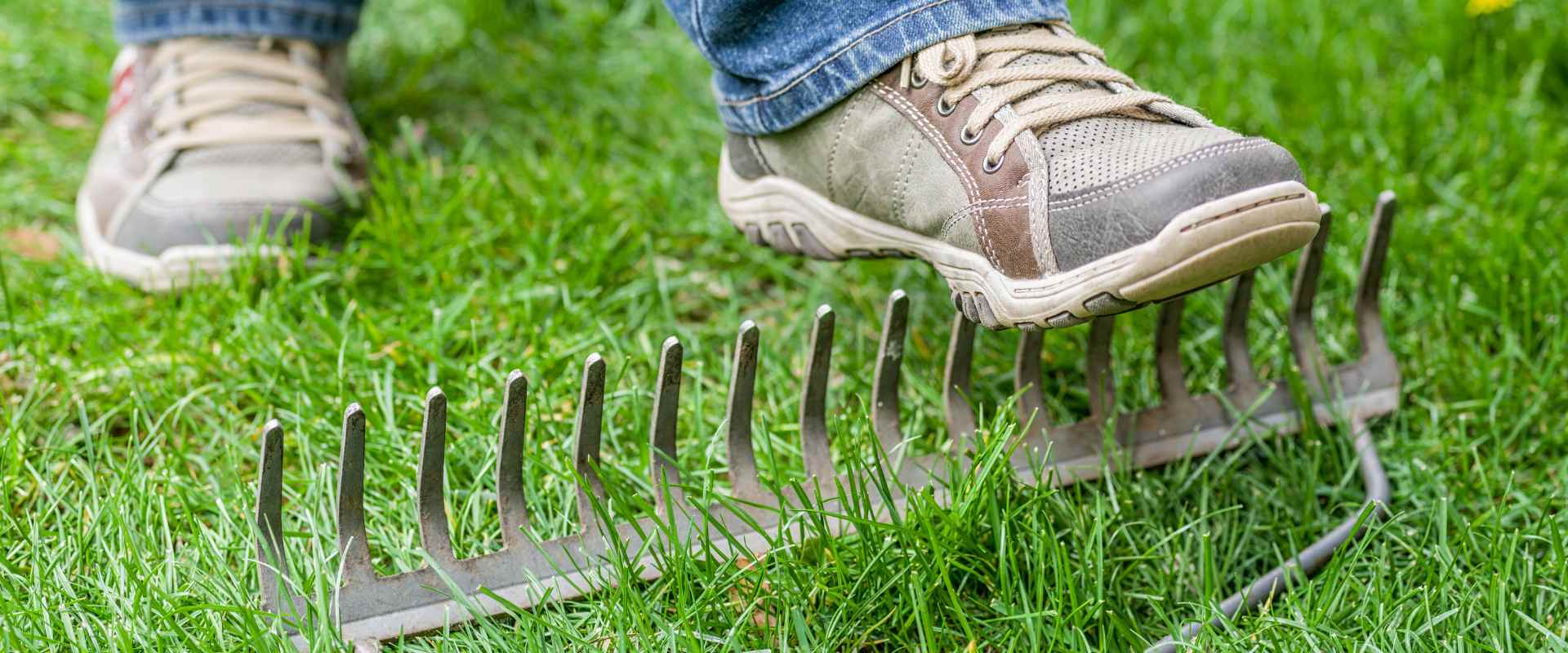Introduction
Have you ever found yourself blaming external factors for your misfortunes? Think back to that memorable episode of ‘The Simpsons’ where Sideshow Bob steps on rake after rake, yet curses the world for his misery. It’s funny in the show, but when it echoes in our own lives, it becomes a matter of concern. This article aims to shift your focus from the external world to the one place where change is possible—yourself.
Why We Skirt Around Personal Accountability
We’re often quick to point fingers elsewhere—at our bosses, partners, circumstances or life itself. But what happens when we become the common denominator in all our problems? From the workplace to our personal relationships, dodging personal responsibility is more common than we think.
Employee Accountability as a Reflection
In workplaces, we find an employee blaming missed promotions on ‘politics’ while ignoring their own lackluster performance. In fact, studies show that employees are often wired to deflect responsibility for their actions and to blame others. When you dig deeper, you’ll often find that in many cases those who complain or blame others haven’t made an effort to improve their skills or adapt to a rapidly evolving environment.
Lifestyle Choices
We all have that friend who complains about health but ignores their eating habits and lack of exercise, thereby evading personal accountability. They may join a gym in January but by February are back to their old ways, blaming ‘lack of time’ or ‘high membership costs.’
Three Steps to Cultivate Personal Accountability
Engage in Open Dialogue: Whether in personal relationships or workplaces, open and candid communication can preempt most problems. Taking the time to understand and express expectations can set the stage for personal and collective growth.
Invest in Self-Development: Books, courses, or even introspective exercises like journaling can provide valuable insights into your behavior and actions. Investing in yourself is the first step towards becoming more accountable.
Be Proactive, Not Reactive: Don’t wait for problems to escalate. If you see something wrong, offer constructive criticism and possible solutions rather than just pointing out the flaws.
The World vs. Me
What’s more likely: that the entire universe is conspiring against you, or that you are contributing to your own difficulties? In T.S. Eliot’s ‘The Cocktail Party,’ a woman speaks to a psychiatrist about her belief that the world is against her. The psychiatrist suggests that this externalized blame is a defense mechanism, a way of avoiding the more terrifying prospect that she herself may be the architect of her unhappiness. The play emphasizes that, unlike the futility of blaming the world, taking personal accountability opens up space for action, change, and hope.
Final Thoughts
Before you lay blame elsewhere, take a moment to reflect. Could you be stepping on rakes of your own making? Have you ever found yourself ‘stepping on rakes’? What did you do to become more accountable?
What are your thoughts on this matter? Share them below!
P.S.: For a deeper dive into mastering personal accountability and transforming your life, consider reading the second edition of my book, “The MARVEL of Happiness: Principles, Stories, and Lessons for Living Fully,” now available.


